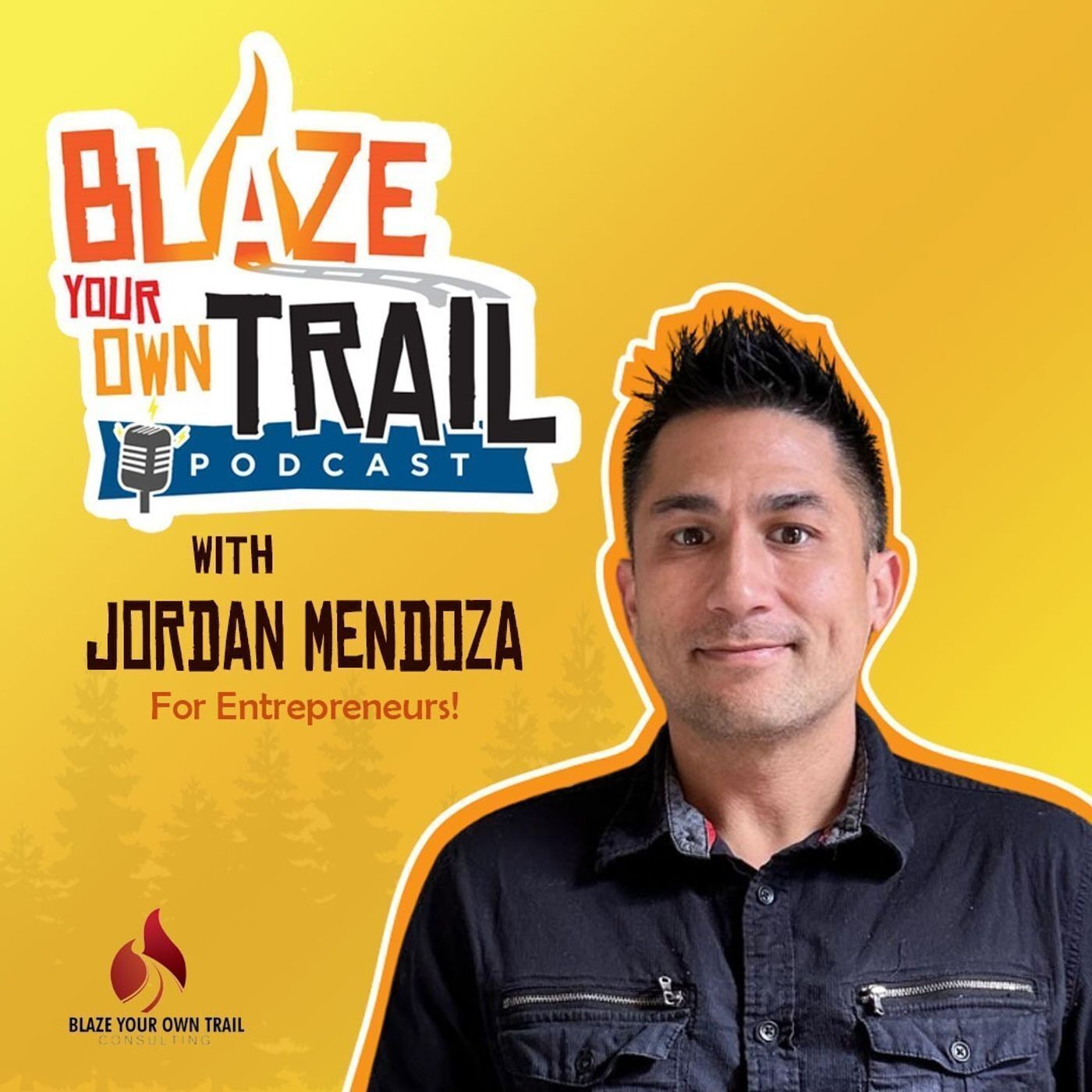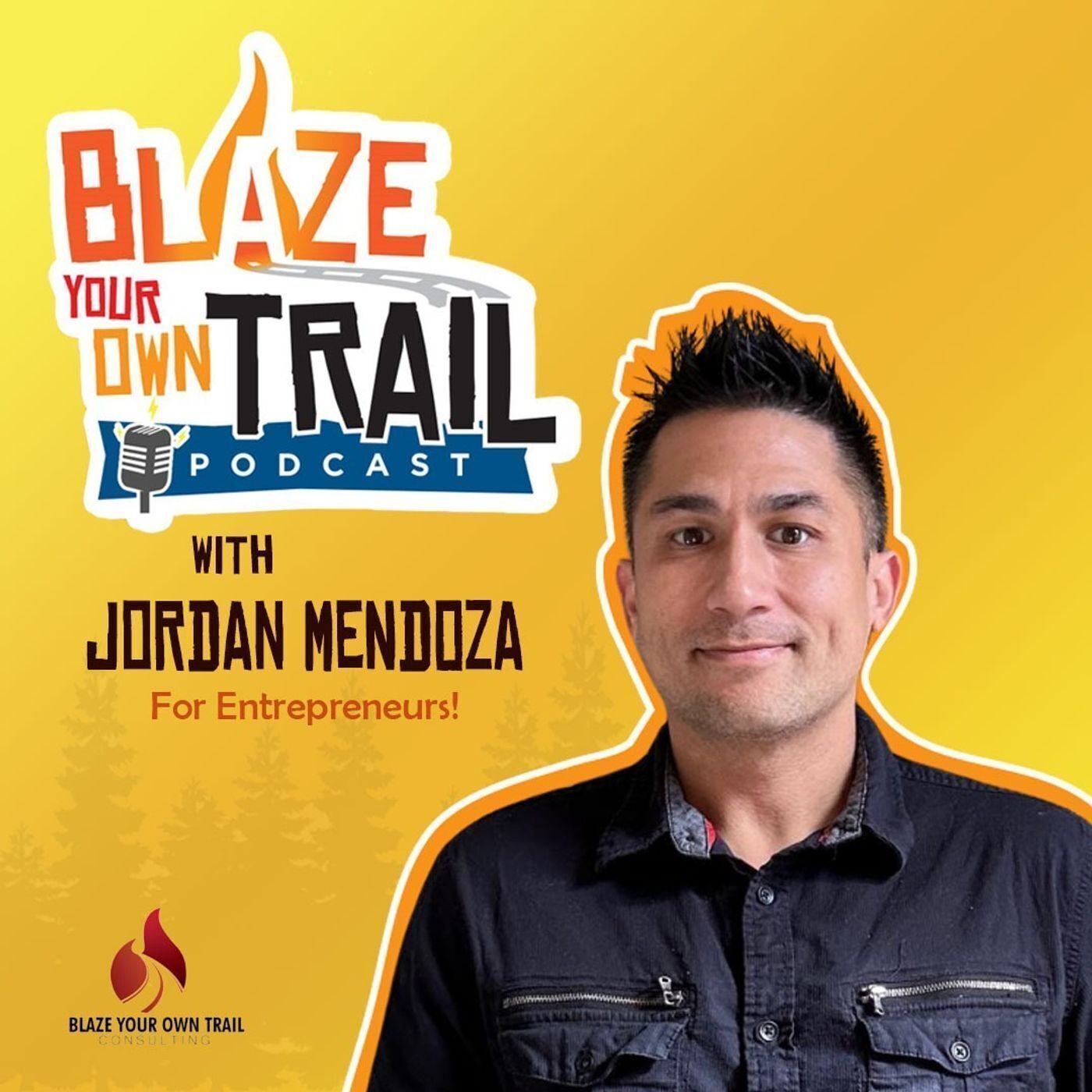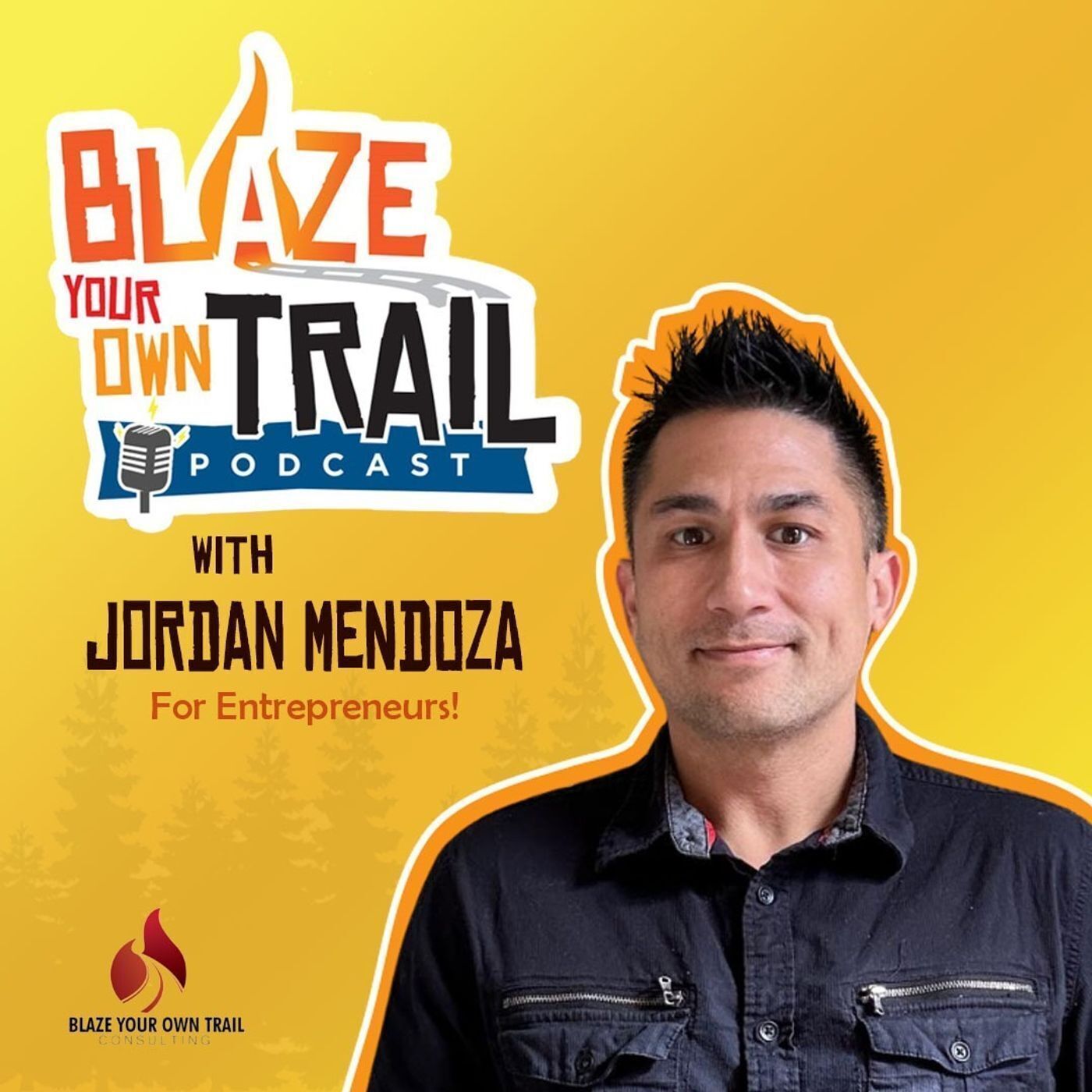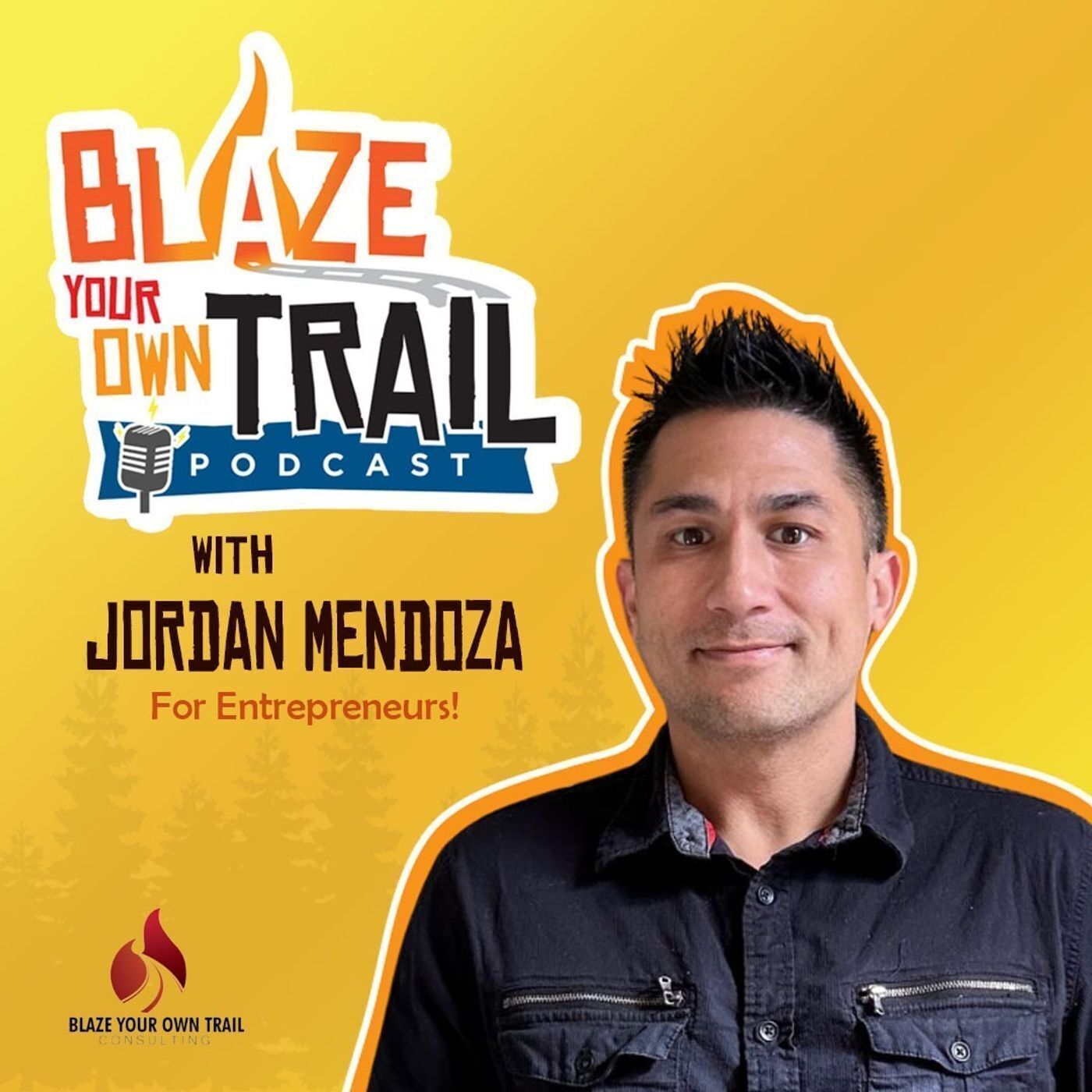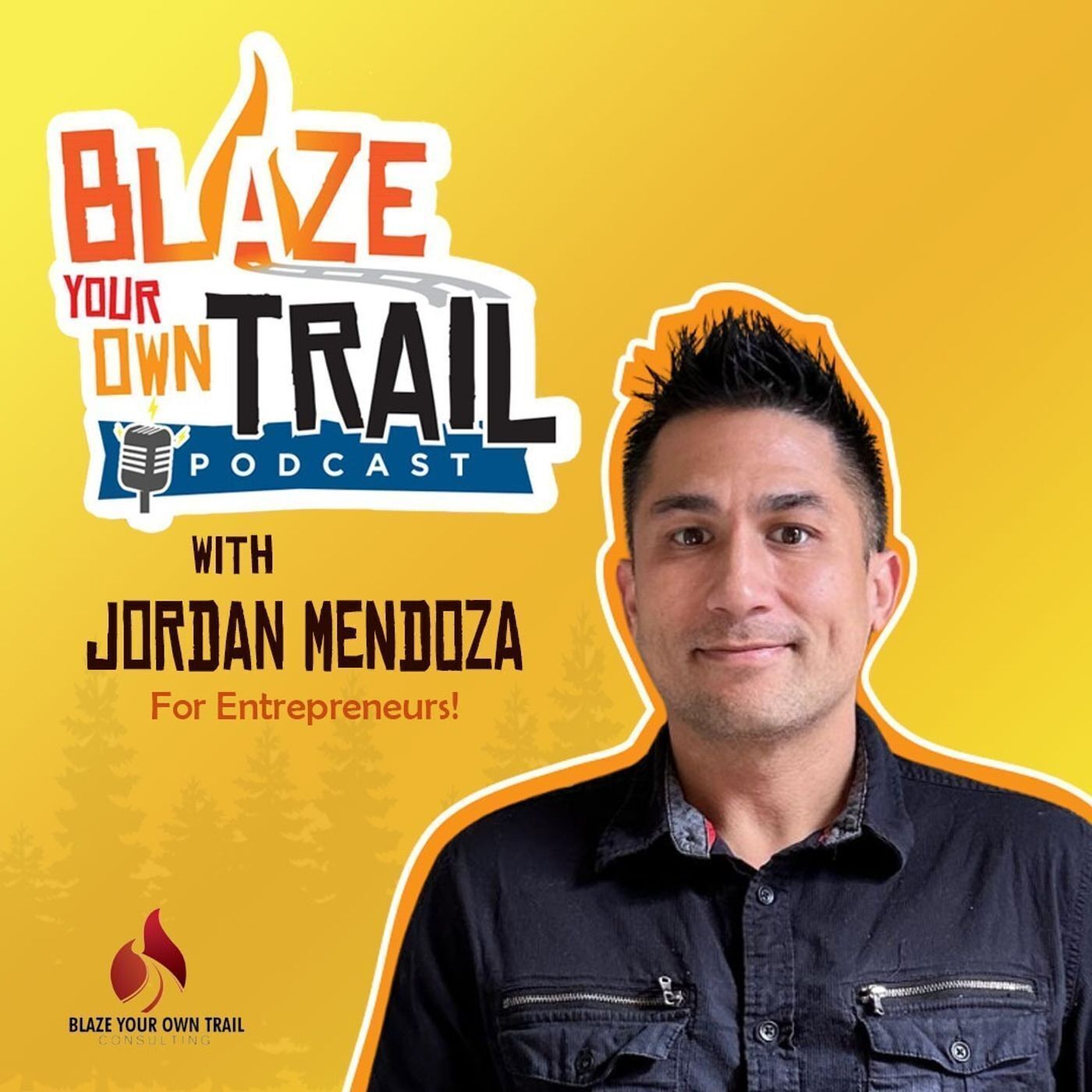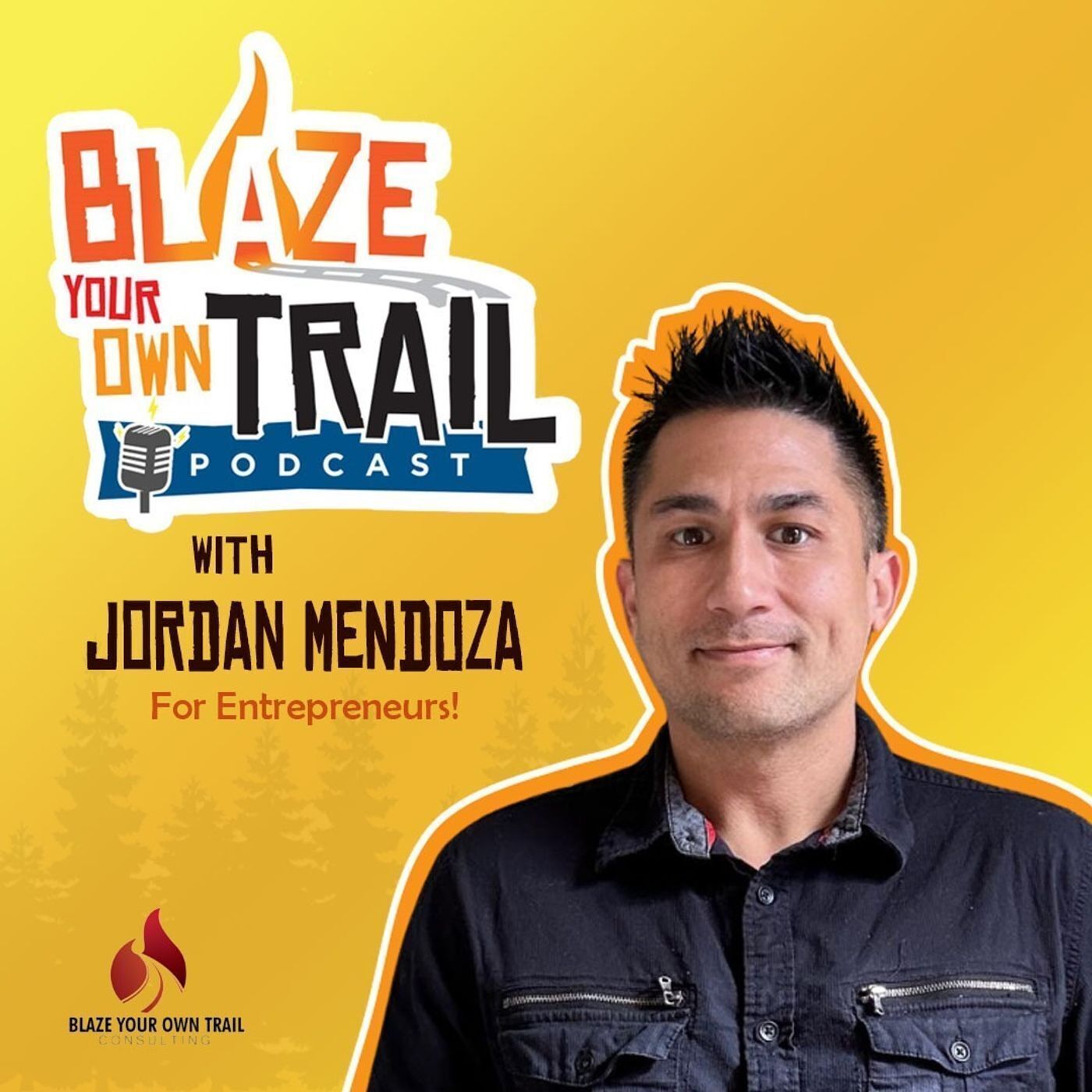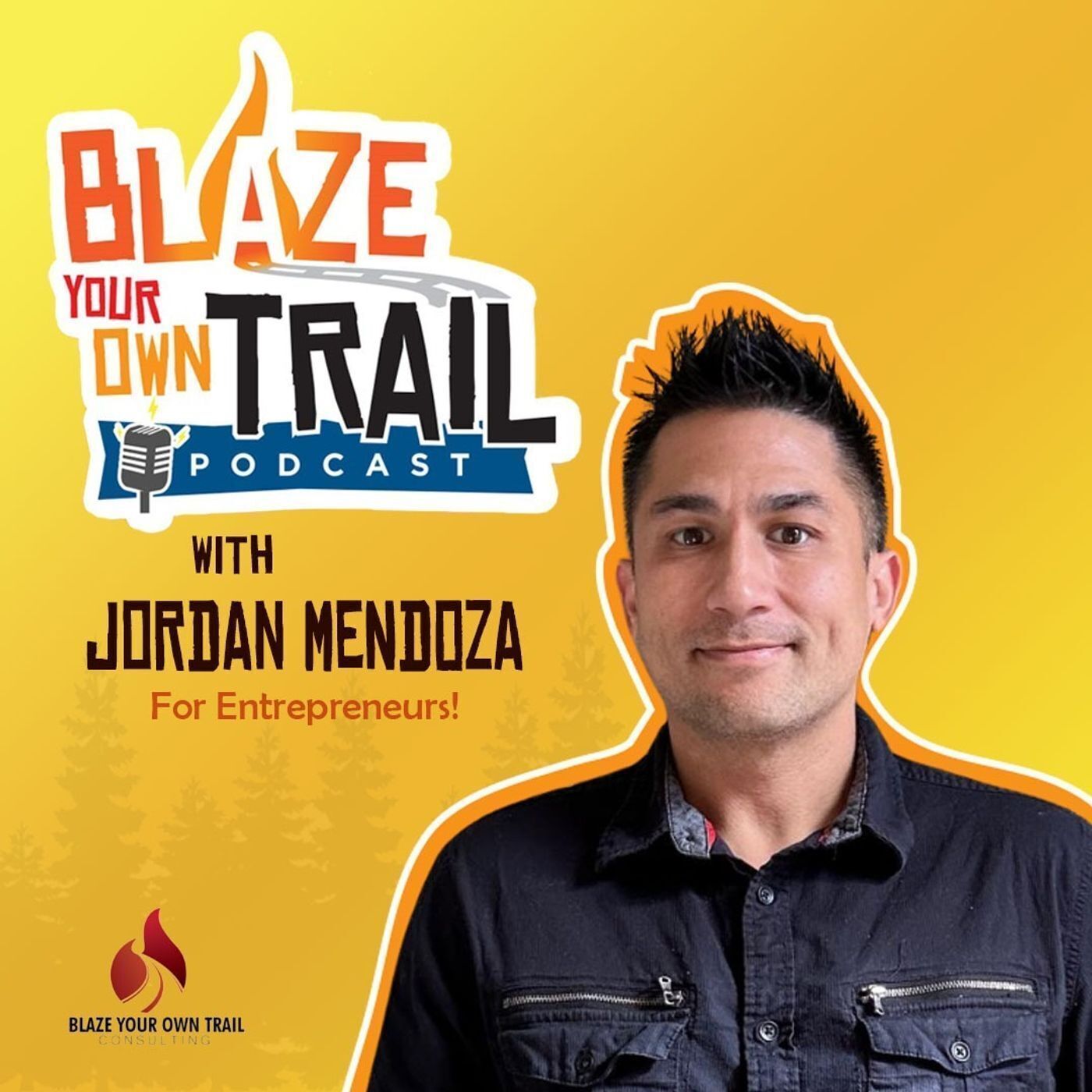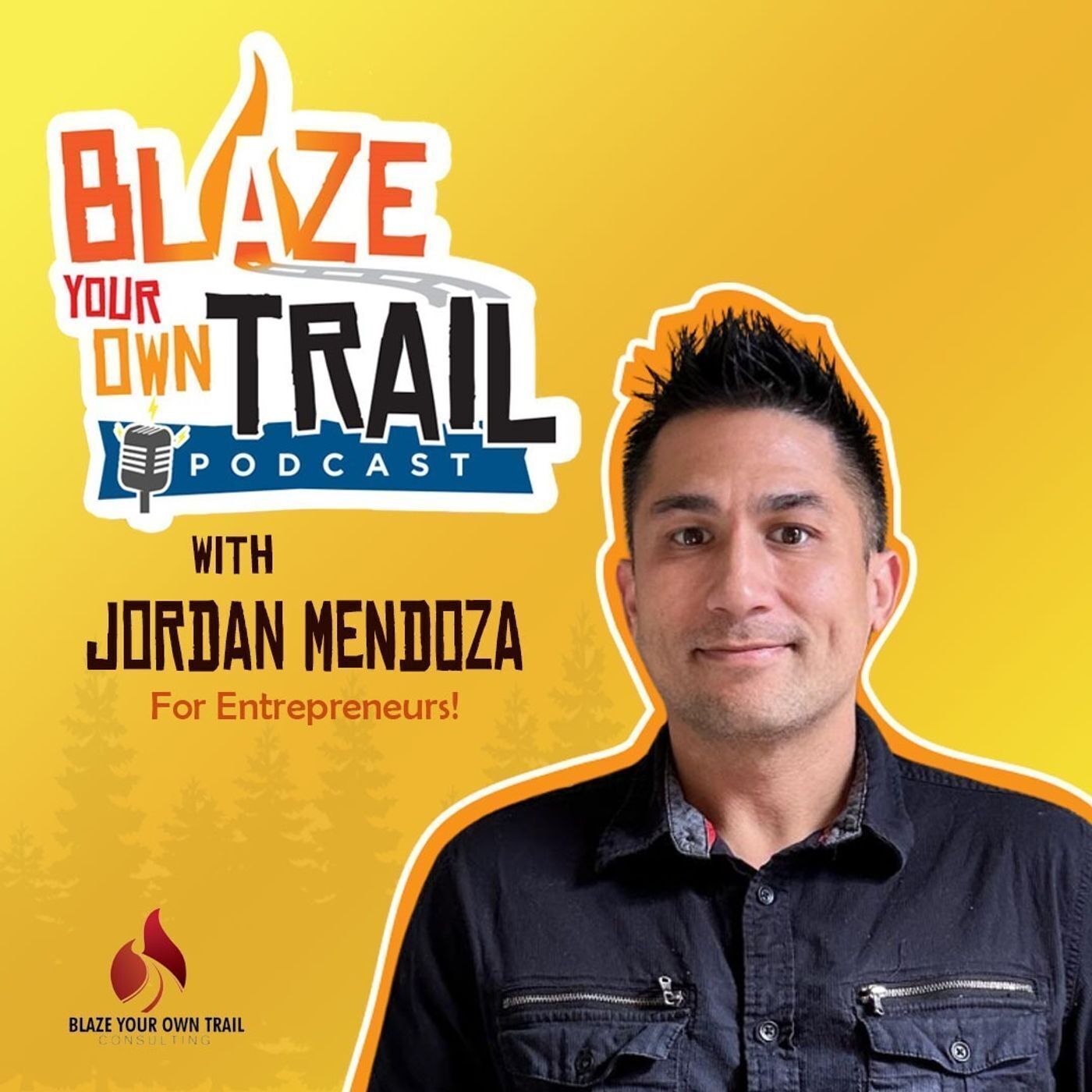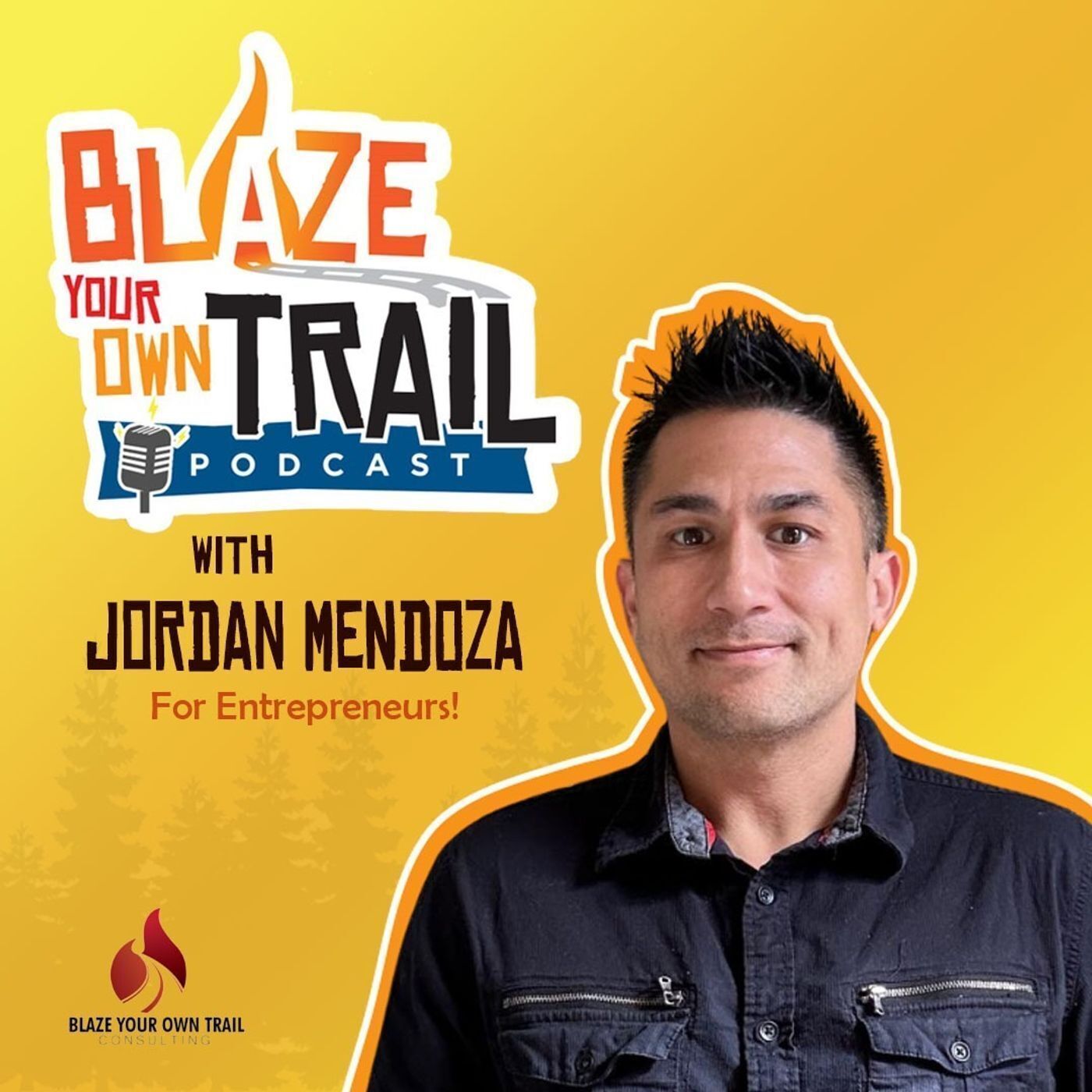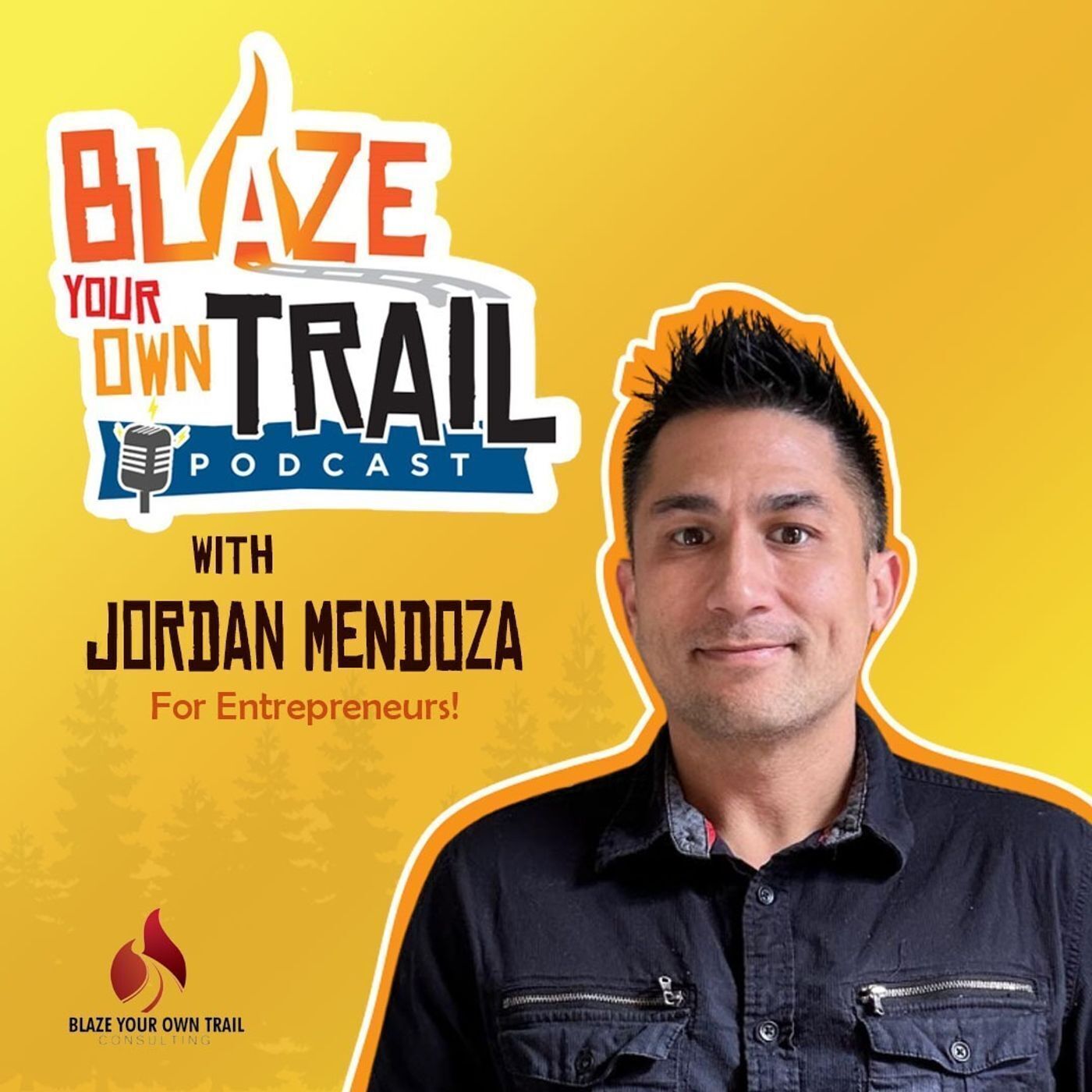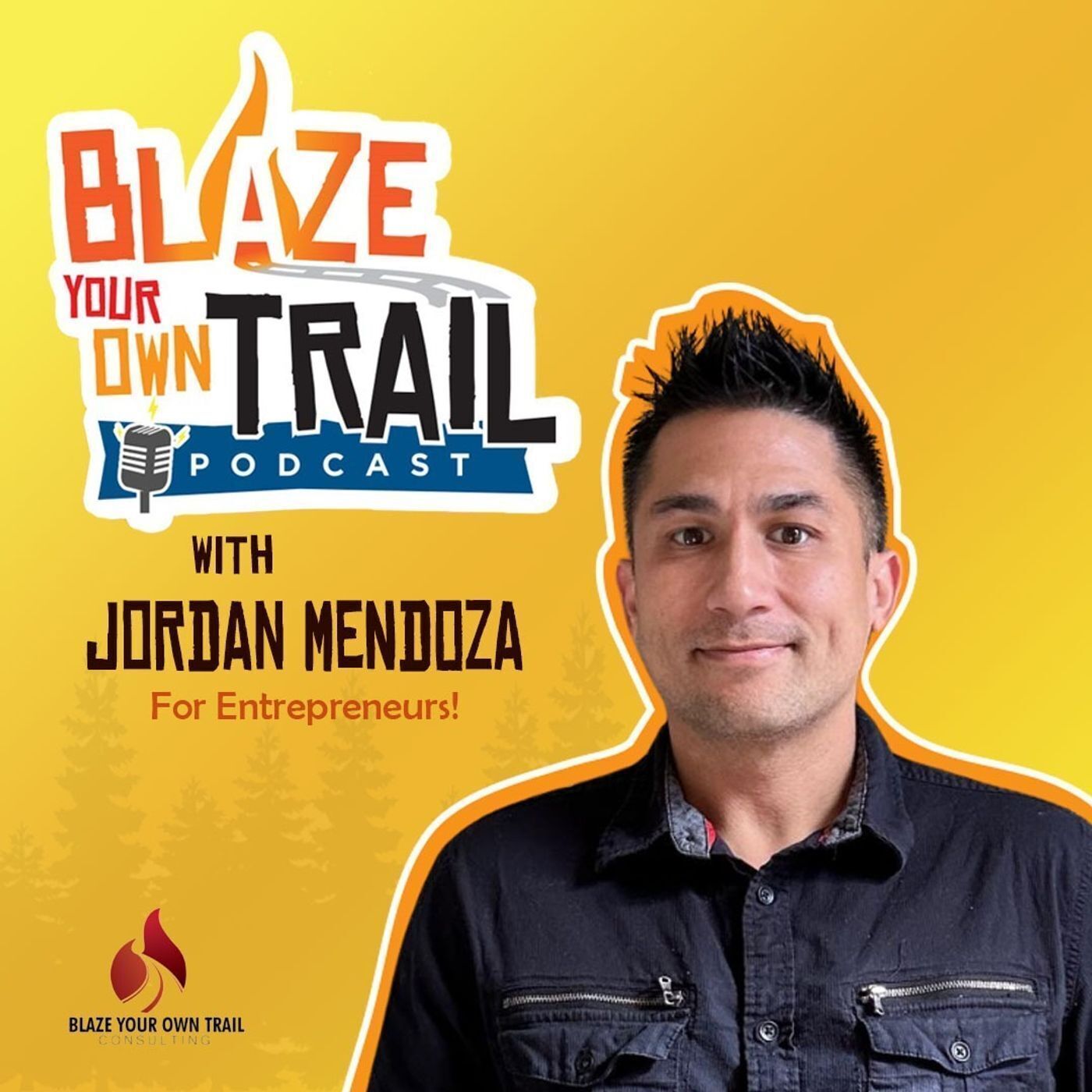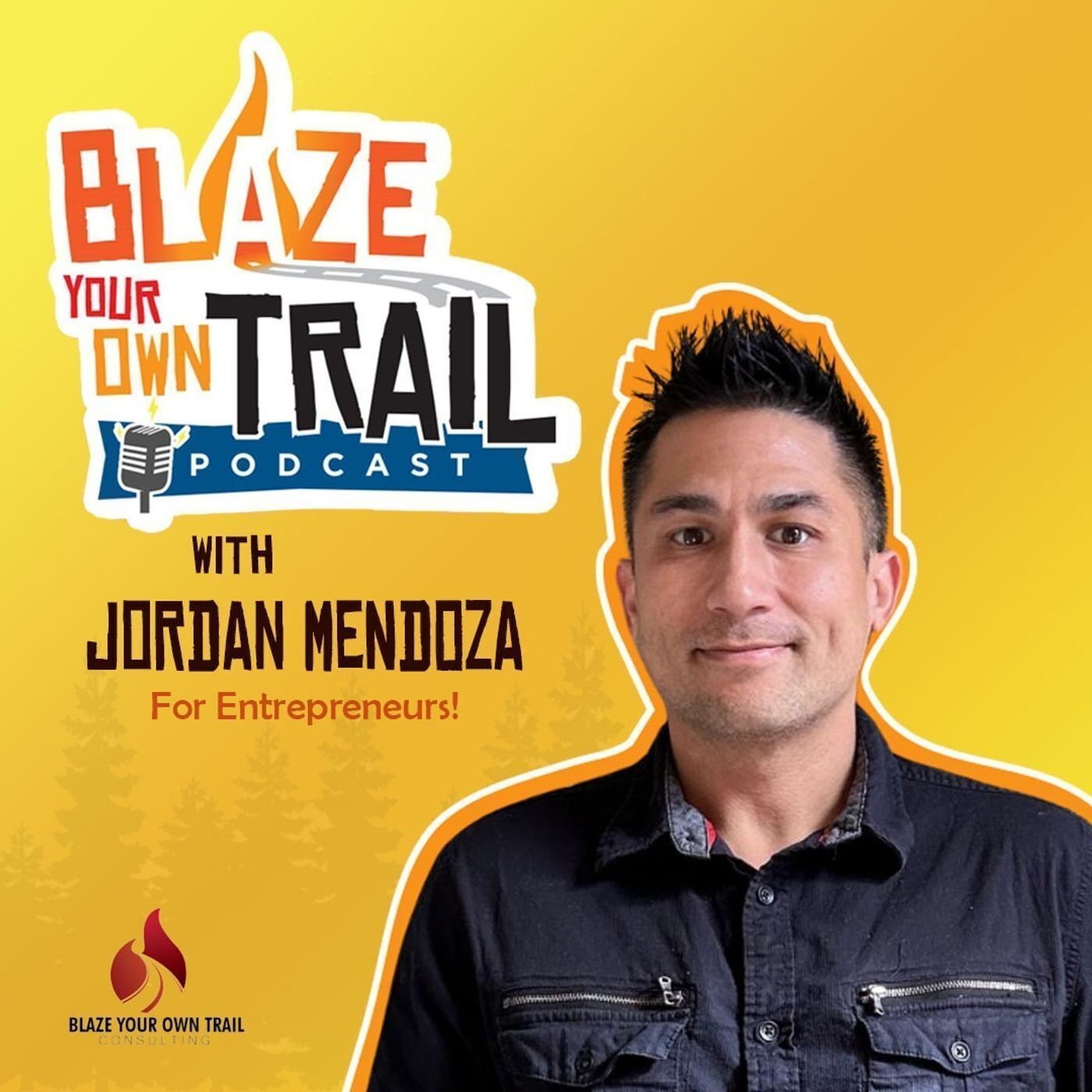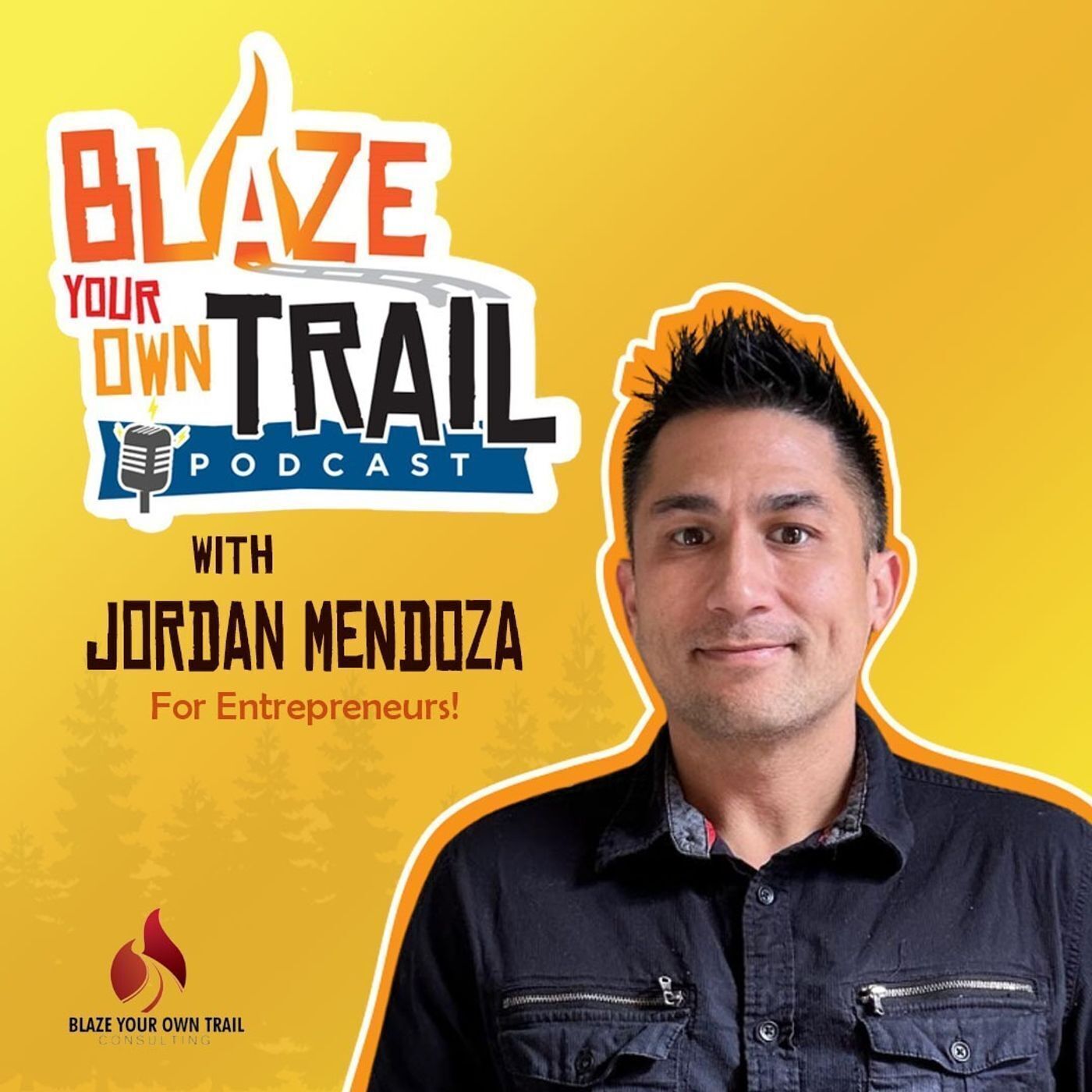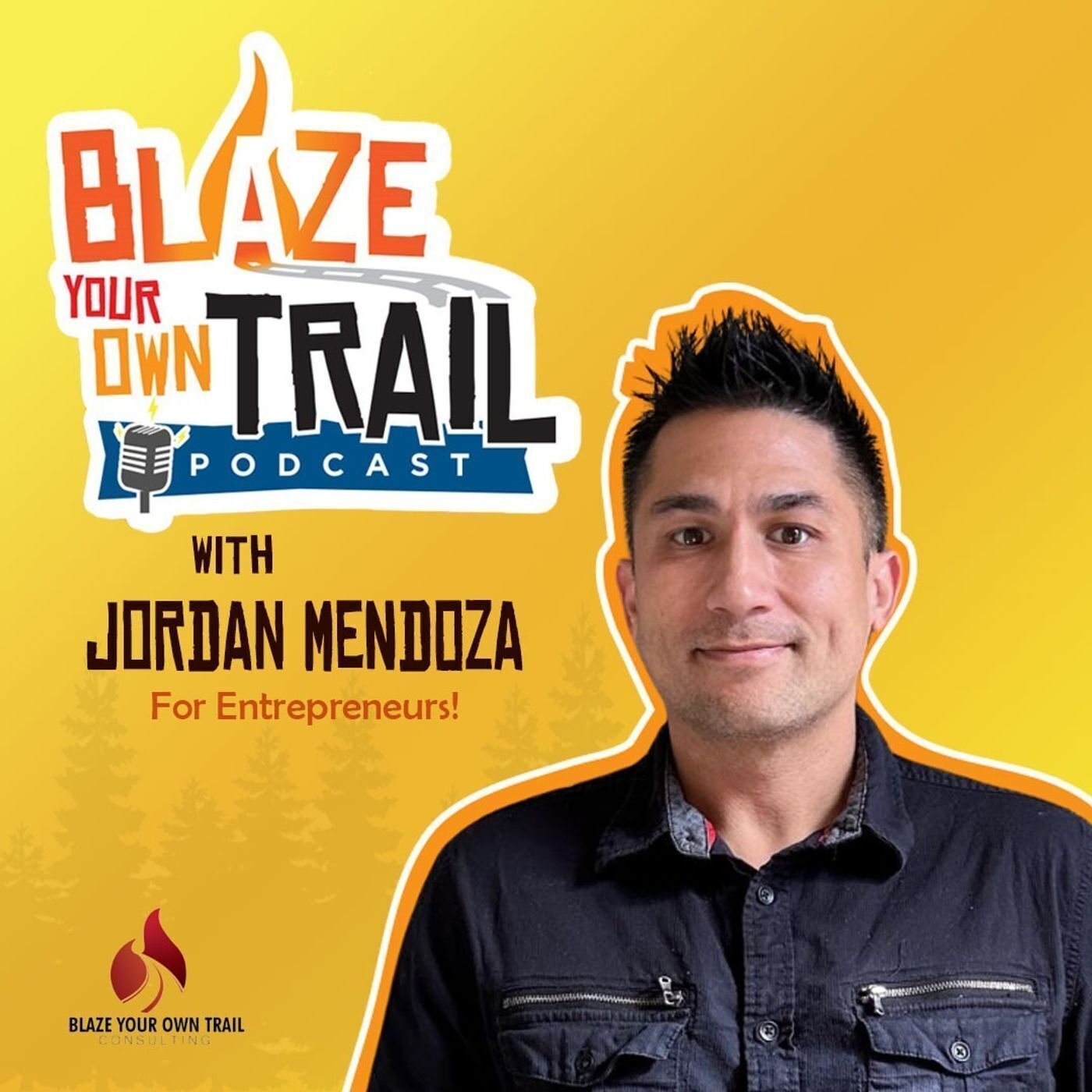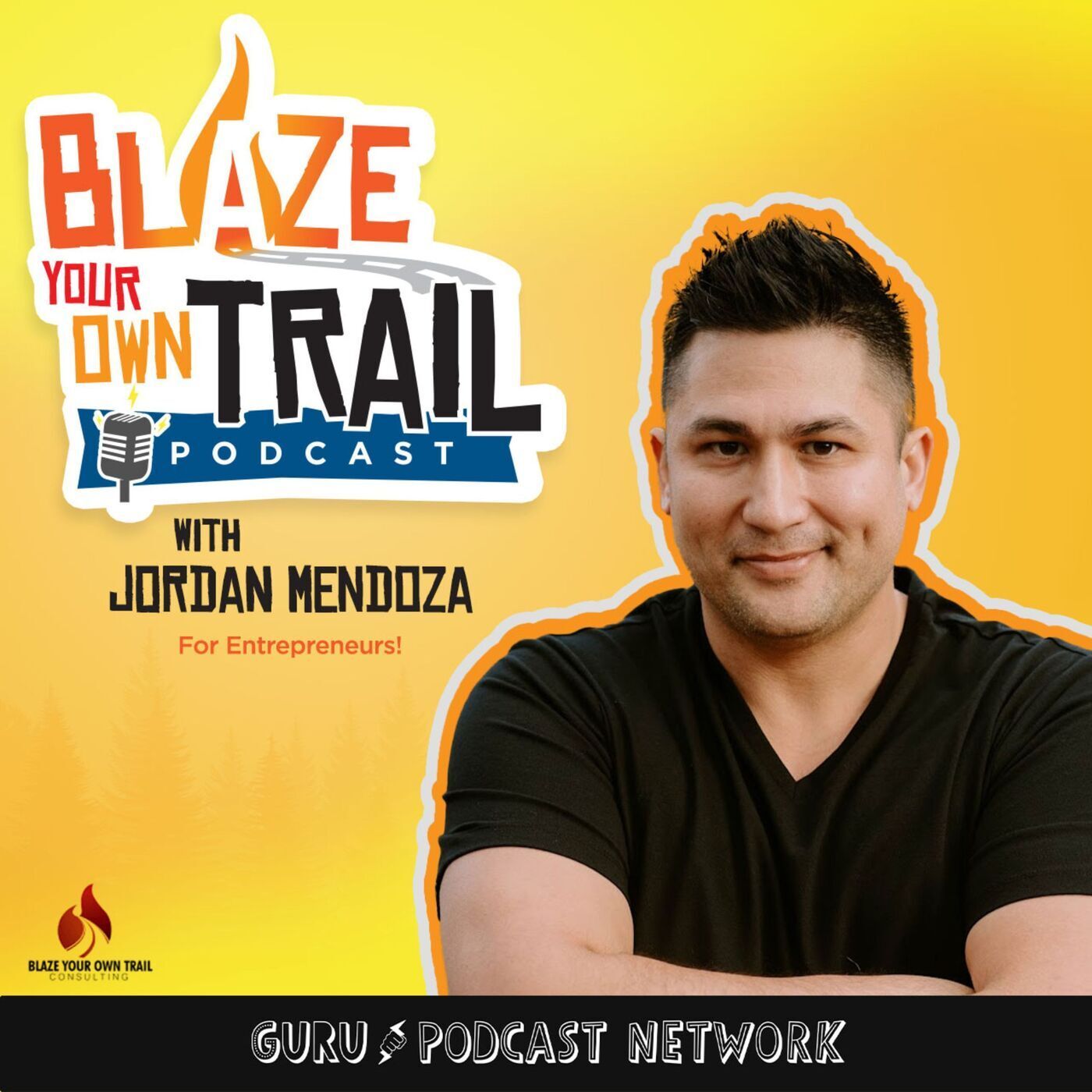
About Jake:
Who is Jake Tullis…?
I have pondered this a great deal; it is still a question I am finding answers to as life persists.
I don’t have a complete answer, but I can share what I do know to be true about myself.
I am someone who has 0 quit in me, I have overcome more than I care to share at times. I am someone who is skilled at analysis and critical thinking, this is the gift I was given.
I am someone who works hard to use this gift to the benefit of those around me, my community. I am someone who bears responsibility so those I love do not have to. I am a steward to those who have entrusted their future with me.
I have found that I am a work in progress, like the rest of us. Both in my personal and professional life. This self-discovery process has fundamentally changed the trajectory of my life, and for that I am grateful.
I am here to help people better understand the entrepreneurial journey, and provide insights that can help shape their trajectory, just as I do for myself.
I never imagined I would be where I am today, and I just want the world to know they too are special, and can have whatever they desire in this life.
Takeaways
Start early and explore your entrepreneurial interests
Invest in your knowledge and skills
Consider the potential of cryptocurrency and blockchain technology
Consulting can be a flexible and lucrative career path
Research and educate yourself before investing in cryptocurrency
Chapters
00:00 Introduction and Background
03:11 Early Entrepreneurial Journey
09:06 Transition to Consulting
15:08 Challenges with Startups
22:53 Exploring Cryptocurrency and Blockchain
28:47 The Potential of Crypto Investments
35:12 Advice for Getting Started
Connect with Jake:
Website: https://bleedingedgecapital.com/
IG: https://www.instagram.com/jtknowsthings/
LinkedIn: https://www.linkedin.com/in/jaketullis/
Looking for more tips centered around social media and entrepreneurship?
Connect with Jordan below:
LinkedIn: https://www.linkedin.com/in/jordanjmendoza/
Join 18K plus other readers: https://www.linkedin.com/pulse/so-you-want-start-podcast-actionable-tips-inside-jordan-mendoza-7dtpe/
Instagram: https://www.instagram.com/therealjordanjmendoza/
Clapper: https://clapper.vip/jordanjmendoza
Join my LinkedIn Trailblazers Facebook Group: https://www.facebook.com/groups/linkedintrailblazers
Website: https://www.blazeyourowntrailconsulting.com
Installing strategic sales systems & processes will stop the constant revenue rollercoaster you might be facing which is attainable through our 6 Week Blazing Business Revenue Coaching Program
Book a discovery call with Jordan now to learn more!
Are you a Podcast Host or Guest?
PodMatch helps the right podcast guests & hosts find each other faster and automates administrative work, so you can focus on what matters: recording interviews that serve listeners.
Hosted by Simplecast, an AdsWizz company. See pcm.adswizz.com for information about our collection and use of personal data for advertising.
The Blaze Your Own Trail Podcast is powered by:
Jordan Mendoza (00:01.032)
Hello everyone and welcome to the Blaze Your Own Trail podcast. My name is Jordan Mendoza, I'm your host and I've got a very special guest with me today. His name is Jake Tullis and I'm gonna have him tell you a little bit about who he is and what he does today.
JTKnowsThings (00:17.05)
Thank you for having me. As he said, my name is Jake Tullis. I also go by JT. I am a software development expert that has taken a wild turn down to running a hedge fund that invests in software technology. And it's been a wild journey, which hopefully it can inspire some of my nerds out there because I got most of the stuff that I have now from the mud using tech and a keyboard. So.
hopefully, you know, low cost, get a lot of people interested in technology and software. It's a great field.
Jordan Mendoza (00:53.)
Awesome, awesome. Yeah, I'm looking forward to really understanding a deeper context into you, you know, your story, your journey. So my favorite part of the show is really just taking a rewind. And so we're going to dive back and turn the tables back in time to childhood. So, you know, where were you born and raised and what kind of kid were you? What kind of stuff did you get into? Were you into any like sports? Were you more into academics? I'd love some context for the audience.
JTKnowsThings (01:22.074)
Yeah, so I grew up in a small town called Morrow and Mainville, Ohio, those two places. I've never really left those areas. I'm pushing 30 now. I'm a country boy at heart, love you know going to the river. Our high school had a negative connotation, we turned into a positive. We were called river rats because you know we didn't have much and we'd always just hang out at the river you know because we didn't have pools or
tubs or whatever but we really took that as a mark of pride you know and I would say you know like most entrepreneurs the journey started pretty young. My family kind of has been through the whole rigmarole from poor all the way to middle class throughout my life and when I was real little I really wanted
just have my own money. Once I understood money equaled candy, if you couldn't tell, I liked food and that hasn't changed. So at nine, I knew I could get paydays if I pushed lawns and I quickly realized I hate physical labor. It's miserable for my physique, you know, I'm five foot five and overweight my whole life. So, you know, just not something I enjoyed and...
I really wanted to play World of Warcraft, you know, after mowing lawns for a summer. And I just, I basically invested in a bunch of components and me and my old man put together a PC. And that, from that moment on, I was pretty much hooked on the computer at all times, taught myself how to program through free courses, by the way, Codecademy and YouTube and everything else. Yeah, you know, completely free. And...
Jordan Mendoza (03:11.592)
That's great.
JTKnowsThings (03:16.314)
was starting to just sell websites, you know, 250 bucks for a page to local businesses in my hometown. And, you know, it's a small town, so everyone knew each other. And I just kind of became the smart tech guy at a young age. And it was always, it would have been sophomore year, junior year, senior year, high school. Yeah, like basically the tailwind to high school.
Jordan Mendoza (03:31.144)
And so what age was that, Jake?
Okay, so 15, 16, somewhere around there. Okay. So let's rewind for just a second. So you did landscaping, you realize you didn't like it. Landscaping is tough. My dad had a landscaping business for 40 years. He just retired in January, moved back to the Philippines where he's from, and so I'm just so excited for him. But at 12, I actually started doing landscaping for him every summer from 12 to about 22, so.
JTKnowsThings (03:56.506)
awesome.
Jordan Mendoza (04:05.864)
I know what it felt like for you to be out there. I've done it in the DC summers and the heat and man, it's not easy. So what are some lessons because you had to have picked up a couple, you know, doing some landscaping. So what were some lessons that you picked up doing that type of work, you know, the hard work, having to get up every day? I'm sure there's a couple of things you can you have extracted from that.
JTKnowsThings (04:07.194)
Sorry.
Yeah.
JTKnowsThings (04:30.682)
Very quickly, I realized that I could spend my time more valuably. Like, when I, it just kind of, it was kind of a thing that just happened, really. It, I mowed all day. I probably had, it felt like all day, right? You're a kid. So I don't know if it was all day, but I had seven yards and I made like, I think it was 80 bucks, you know, it wasn't a lot. I was the cheap kid pushing the mower down the street, you know?
I had a buddy with me so we'd had to split it it was a whole thing but it felt like a really long day and then I made 50 from the neighbor and it took me like 10 minutes to fix their computer problem you know like I immediately was like wow I think I could make more money you know per hour fixing computers for people and being the tech guy you know and I am the living embodiment of 15 years of that idea.
You know, I've always thought of where to invest, where to put my time and my energy. And it has always come down to like a great return on time in tech, you know, there's no overhead. You're just, you're just arbitraging your knowledge. and the time needed to do the things you can charge more, the more, you know, and it made it a game for me just to, and that's why my handles, JT knows things like just leverage my knowledge to the point where.
have a lot of valuable information. So I guess like as a kid I was always obsessed like you asked like was I an academic? I mean my parents were buying me encyclopedias at six and I would just read them to no weird random facts like I had an insatiable hunger for knowledge ever since I was little so I just really went I guess that's what happened really I mean I just I realized that I have other gifts and me pushing a lawnmower
probably isn't it, you know?
Jordan Mendoza (06:30.152)
Yeah. Well, that's self -awareness, right? It's realizing pretty quickly. And one lesson that was the biggest lesson, which shifted you to making more, right? And then turning that into even more things. So what was that journey like, right? So you go from, hey, I'm pushing this lawn mower. It's very hard work. I'm having to split the earnings. So it's not a lot of revenue.
And then, you know, I went to someone's place, did some things and made significantly more and less time. So, I mean, it seems like the math was pretty easy, you know, pretty easy for you to do to say, all right, I'm pushing this career aside and I'm jumping into this new endeavor. So once you started to realize, you know, A, you have the ability to sell, which is important, right? You can get somebody interested in what you're offering and then...
JTKnowsThings (07:04.826)
Yeah.
Jordan Mendoza (07:24.648)
having them actually say yes, you know, and then the important thing which is you delivered on the service. That's important, right? So once you knew you could do that, what else did that spark for you? Because you kind of alluded to it a little bit ago that, hey, there were so many other great things that sparked because of that.
JTKnowsThings (07:27.002)
Right. Right.
JTKnowsThings (07:43.29)
Yeah, I mean it started with hardware like fixing a family's cash register at a restaurant or the neighbor needing help with Wi -Fi and setting up a router and then it was maybe I could learn to code. I was really infatuated with World of Warcraft and I just thought it was magic. There's like this box that
can create this world where I can be like the most badass druid in the world, right? Like I just thought it was crazy. You know, I'm a kid. So I figured that there'd be more interesting stuff to do. Really. I didn't think about money. I was like, it'd just be cool to learn how to build a website. And you, you know, I just started doing that and I made probably by the time I was going to college, I probably had, I don't know, 10, 15 ,000 bucks in cash from.
these side hustles. And then I just rolled all that into a software development company when I went to college. So fast forward to freshman year of college, I had this company called eLosophy and you know I started selling more you know bigger projects, custom web applications for small startups or medium -sized businesses and
There was a whole new skill set I had to learn. Like I found a partner that was much older than me. He was 31. I was 19. He had a large, you know, development resource in Islamabad, Pakistan. And, you know, I was selling offshore development 35, 40 an hour and we were getting them for probably four to six bucks an hour and had to figure out all the different
languages, Python, JavaScript, you know, outside of web development. I had to learn a lot. I had to develop. Yeah, you know, I was getting an undergrad as well, so I would like sell, go to school, and then get every two hours throughout the night. I had alarms. I'd wake up, get on WhatsApp, and make sure the work was going well. It was a long grind. I did that from 19 to 22, and I would commute from Cincinnati to Toledo. It's about
Jordan Mendoza (09:37.737)
Yeah, it's a ton.
JTKnowsThings (10:02.522)
don't know 8 000 miles a month maybe I was driving a lot like it was 250 miles one way I did that four times a week for two years. It was a grind you know.
Jordan Mendoza (10:03.432)
Yeah.
Jordan Mendoza (10:13.416)
Okay. Yeah. So a lot of experience there, you know, sales, you had international business, you know, dealing with contractors and other developers, you know, languages, software, you know. So you kind of dove into learning. And the one thing that I'm noticing is that you're obviously a lifelong learner. You want to get as much info as you can and ultimately be able to help many people with that info, right? Businesses.
JTKnowsThings (10:26.97)
It was a lot.
Jordan Mendoza (10:42.28)
small startups, big companies. So you were there a couple years it sounds like and are doing that a couple years. What was the next kind of step on the path?
JTKnowsThings (10:44.762)
Exactly.
JTKnowsThings (10:56.218)
I exited that business when I graduated, moved back home, and then I had a fitness on -demand technology startup. It was a little bit different. I took a B2B position. So Uber was coming out. I could see like around the corner like on -demand, you know, Instacart wasn't a thing, TaskRabbit just started, you know, we're talking 2016, right? Like,
A lot of things that are here now weren't here then. And I just saw this powerful idea of licensing on demand technology to, I was going to start with fitness because there's a lot of waste in personal trainers. You know, they're wiping down the benches. They're doing like high end, you know, in terms of pay rate, they're cleaning a gym, which you could have one company do every morning for an hour, but you got all these people all day just sitting there.
making 20, 25 an hour and not doing what they're paid to do, which is train people, which is a higher margin business, service they offer. So the idea was you license on demand technology. They basically get the software. They can turn as many people, you know, as many trainers as they'd like as service delivers of, you know, of their gym to anywhere in the area, you know, yoga in the park hosted by Alex Chrissy at one, two, three fit, right.
And then users just show up and they get a workout on demand, you know, but it's the gyms that we sold our technology to to allow them to build their own kind of on -demand service.
Jordan Mendoza (12:33.16)
Okay, that's definitely cool and you know, or I guess early in the cycle, right? A lot of the other things weren't around yet. So what was that experience like and how did it ultimately go?
JTKnowsThings (12:46.906)
You know, it was a great experience until COVID. Gyms were not legally allowed to be opened, so for five years I worked on Mylay and this dating app called Scene and then an automotive startup. It was all like three things happening in those five years. And when COVID happened, I felt like...
we were in a good spot and I just wanted to the decision was to shelf it because it was like how long are they going to be shut down for? We had customers that signed up through before we even launched and you know we were growing decently had a lot of interest but as soon as the gyms just shut down that went sideways and then the dating app I had was really interesting.
It was basically TikTok. It was a full screen dating app where the dating profiles were just 30, 60 or 90 second videos that had to be replaced every 90 days. And then you basically just went through that profile on a feed, swiped left or right. And then, you know, just like Tinder after that. So all video gets seen on scene. It was a whole thing. Our investor pulled out of that one. We,
We had a great return on, he just didn't understand how users work. So, you know, we invested, I think 50 bucks in advertising, got 3000 downloads and it cost us 60 bucks a month to store them. And he was immediately like, why are we investing in losing money? And it was impossible to get him over the hump of like, no, this is incredible. Like we...
3 ,000 downloads on 50 bucks is crazy. We were the, we had a trademark on video dating for iPhone. That was our keyword in the Apple store. We were a first result if you were looking for that by a long shot. It was just a great situation, but he didn't understand how tech businesses work. So it was just a string of difficult times, a lot of problems popping up for the companies, and I had basically
JTKnowsThings (15:07.834)
spent most of the money I made from philosophy trying to get these things off the ground and I was consulting on the side just to keep the lights on because I have a moral issue with take raising money and then paying myself. I don't think that's right at the seed stage. Even series A, like if you're not willing to work 100 hours a week as an entrepreneur you don't belong here anyways so you got to figure it out.
Jordan Mendoza (15:34.44)
Gotta put in the reps.
JTKnowsThings (15:36.442)
Yeah, exactly. And I found throughout that period of time while I'm growing those companies that I was really good at consulting. I am a very adaptable learner. I'm an autodidact. I play tons of instruments. I have learned plenty of languages, logic. I've taught myself everything. I don't have a degree in this stuff. I've just been an infatuated kid.
JTKnowsThings (16:08.186)
know it just that that really applies well to consultings once you get a contract you go in there they can't even communicate the issues usually so you start discovering what the real problem is and then you are not equipped for the solution and you got to figure it out and like you just learn a lot more too it's very satisfying that way you know jumping into different situations depending on the client different industries you know i've probably worked in 10 different industries at all different levels from developing to testing to
building a company to, you know, it's just been very diverse. And that's where I really started finding successes in my consulting that, you know, we're probably to 2021 now. So like COVID's over, those startups fizzled out and I just decided to go all in on consulting. And then I started getting pretty significant contracts and,
Jordan Mendoza (16:40.2)
Yep. Yep.
JTKnowsThings (17:03.226)
life's just been kind of wild since then. We're three and a half years into that transition and I haven't made it in the sense we all have goals and things, but for a 29 -year -old kid, I'm doing very, very well. It really was uncomfortable for me because I didn't feel like an entrepreneur when I'm just arbitraging my time. Now, I have it for myself.
Jordan Mendoza (17:16.272)
Sure.
JTKnowsThings (17:32.378)
Like on 1099, I'm basically like Pete's Plumbing, a plumber with his own truck that gets hired by a large general contractor. But I've developed a reputation that allows me to charge a lot and I'm in high demand so I can pick and choose what I do. And it's a great income. So, but at first I thought I was like giving up really. 2021, we're like, I'm going all in on consulting.
Jordan Mendoza (17:38.952)
Sure.
JTKnowsThings (18:02.074)
F it, you know? And it's a lesson that hopefully can resonate with some people because it's been a spiritual journey for me in that sense. I really did feel like my ego had to die for me to be willing to just not have a business that I'm trying to become a multimillionaire at a young age and all this other stuff. And found that if I just slowed down and had faith in my true gifts and just let it...
work on its own I found success in ways I never thought so it's developed my framework a lot differently for success it's almost like I care I only care about the direction I'm walking and I'm incredibly flexible with the path you know and and when I was young ambitious hungry and I would say aggressive arrogant and ignorant all those things I just want I was hungry I'm
Jordan Mendoza (18:49.224)
That's good.
JTKnowsThings (19:00.698)
push and aggressively and now that I'm in a position of power and safety and I have everything I could want, I'm allowed to like not sit on my laurels but not push. I'm receiving if anything, things are just happening for me and to me and I'm able to really adapt and that's why I have a hedge fund. That me making that mental switch has allowed me to
have a hedge fund, which I never would have ever thought that I would ever be doing ever, you know? Like, ever. If I was just, like, rigid like I used to be, and I'm doing this, I'm doing this, it's incredible focus, but I probably missed out on a lot of opportunities. I probably said no to a lot of things I shouldn't have, and it's because I was so focused on... yeah.
Jordan Mendoza (19:51.88)
So what I want you to do, I've got to pause here because from cutting people's lawns to fixing computers to learning to code to hedge fund. So for everyone that's listening that doesn't know what a hedge fund is, A, I'd like for you to explain that. And then B, what's the process it actually takes?
JTKnowsThings (20:09.658)
Yeah.
Jordan Mendoza (20:21.)
from going to, I wanna start a hedge fund to now I actually have a hedge fund that's up and running.
JTKnowsThings (20:28.666)
Yeah, so a hedge fund isn't as crazy as it sounds because of the media. A hedge fund is just a structure inside of the SEC guidelines of entities and how they operate. So specifically, it's a Reg D. It's a kind of limited partnership, no different than like attorneys or CPAs or dentist offices or doctor's offices.
usually you'll see a little LPA at the end of that. So it's a specific kind of limited partnership that has two controlling entities. So you have your limited partnership and then you have a general partnership and then you have an advisory LLC and the pro rata rights of the limited partnership get subbed out to these two entities that way there's no control inside of the limited partnership.
It gives you a lot of exemptions and allows you to avoid a lot of regulations and things, which sounds sketchy, but when you understand the regulations, it's really helpful because there's a lot of really dumb things like me not being able to buy securities or commodities on behalf of other people when that's the entire purpose of my business and specifically in the hedge fund I run, which is 100 % crypto. They're not even securities or commodities yet. We don't know what they are.
IRS treats them as real property but there's no clear understanding of what they are so I need this structure to be safe and that takes roughly 80 to 100 grand to set up with attorneys that can get you these exemptions you have to file in each state that you receive monies from and then you also need enough capital to test a strategy that is marketable and hopefully you do well. So
setting it up and starting it is not cheap. I was able to get all of that done through equity. My partner Steve, who's incredible, Walterman, Walterman law out of Bloodland, Ohio, he's awesome. He was able to basically he does real estate syndication. It's the same thing as real estate syndicating for those who might know what that is, but instead of buying an apartment building we're buying crypto. So that's that's yeah that's what it is and that's
Jordan Mendoza (22:49.8)
Yeah, makes sense.
JTKnowsThings (22:53.786)
specifically how it's made and built and then I get there from only investing in crypto for a while. It's all I've really been interested in because tokens are just software and one of the most important rules in investing is to only invest in what you know and I've only ever outside of a short stint in landscaping only ever dealt with technology. That's it. It's all I've ever done.
Jordan Mendoza (23:22.28)
Yeah, yeah, it makes sense.
JTKnowsThings (23:23.738)
And I right and you know very young I'd say 2017 -2018 I was like where's a more undervalued market and where is the most ignorance because that's where you can really make money in markets when you know more than the next guy and it is significantly undervalued because over time you know you're going to be very grateful you bought it when you did is the general idea.
Jordan Mendoza (23:51.112)
yeah. So let me ask you this, Jake, because there's going to be a lot of people that listen to this and they're like, listen, I've been hearing the term crypto and cryptocurrency and Bitcoin and all this stuff for years, but I've just been afraid to pull the trigger. You know, they've been afraid to pull the trigger to get a wallet. You know, they've been afraid to pull the trigger at investing in something. What would your advice be to them? And how could you put somebody like that?
a listener like that at ease.
JTKnowsThings (24:27.674)
Aye.
I normally just help them. I'm an educator. You say I'm a good salesman because I'm an entrepreneur, but really I've always taken the position as someone who educates and people trust people coming. You can disarm people that way for anyone listening that's working on selling because genuinely I'm agnostic to what decision you make because I'm good either way. But I would help them understand that these
Currencies are not currencies.
Pointbase is not a digital forex, bitcoin is not competing with the US dollar or the Japanese yen even though it's beating both by a landslide, they don't compete either way they these cryptocurrencies are tokens, tokens are a kind of file no different than a word document or a powerpoint .ppt .doc .docx.
That's relatively technical I mean people don't know what a file type is not everyone does and you know tokens are just a different kind of file they're a programmable file and they are a unique byproduct of a blockchain and a blockchain is just a data management theory it's how we can manage data differently and more securely it's not always better that's another thing a lot of people don't understand it's not always better.
JTKnowsThings (26:04.186)
but there are some that are infinitely better for a lot of reasons. And when you're buying tokens, you're investing in the future of the internet. The entire sector is the evolution of the internet. And I try to help people understand that the internet has evolved from 1964 to present day, and we've had multiple iterations of the internet based on the kind of
protocols that open source developers build. Just briefly, web 1, 64 to 89, all computers could do is read. That's it. You know, they could read what another computer was saying back and forth, but they couldn't write. They could just read what a message was posted somewhere, or it wasn't even posted yet. They could just read.
1989 to 2009, they could write now, read and write. Even what we're doing this moment, this camera is writing to a server. The person that's going to watch this is reading that file from that server and that file location at a later time whenever this goes public. So now we're reading and writing information. When you understand that from 64 to 2009, Web 1 and 2 was purely just about information.
all it was. The information has changed, you know, Twitter is written dot txt files, right? This is mp4 files. They're all files and it's all just reading and writing. 2009 blockchain's invented with bitcoin and it allowed us to own online now and that's a very confusing concept because most people believe they own
Like you believe in, or maybe you don't, but a lot of people would believe that they own this file we're generating right now. When in fact you don't. Riverside owns all the hardware, they own all the server connections, they own the IP. And then the server that's storing it, whoever owns that hardware has actually got rights to it, right? You certainly don't. No matter what document any of us have signed.
JTKnowsThings (28:17.722)
It's all ultimately controlled by these large companies that have all this hardware. It could be Oracle, it could be IBM, it could be Apple, like all those videos of your kids and you love, they're not yours. They're Tim Cook's and that's what you agreed to when you clicked the privacy policy in the terms of terms of use including using Riverside right now. So people think they own something they don't and that's the hardest part. With blockchain and this Web3 2009 and on,
gives us it gives the the average joe the ability to own online safely secure secure and trustlessly which is super super important and if you believe in the internet being here 10 years from now and you believe that the world is getting more digital not less digital there is no there's not a more undervalued market.
and be investing in the digital evolution than crypto. These protocols are single -handedly changing how the internet functions and they're here till the ends of time like buying ethereum in 2014 would be like buying smtp which wasn't an option but buying smtp in 1989 before aol came around and built messenger you know a lot of people don't understand where this stuff is in the stack.
but AOL is all the way up here. Microsoft, Apple, all the way up here. There's probably 30 different protocols that they all looked at and have used to build all of their web servers and web services, but ultimately it's the protocols that power these things. Gmail is powered by iPop and IMAP3. The messaging feature for Facebook Messenger is powered by SMTP.
those things SMTP, iPop, IMAP3 were built by open source developers that made zero dollars, completely zero dollars, but 50 trillion dollars has been built on top of them and they're not going away because protocols are open and it's an instruction manual that changes the internet and how it works. Anyone in the world can use it for anything. So I just try to help them understand what they're buying.
Jordan Mendoza (30:36.104)
Yeah.
Jordan Mendoza (30:39.848)
Yeah, great explanation.
JTKnowsThings (30:42.298)
you know, to ease their concerns.
Jordan Mendoza (30:44.04)
Yeah, I think that's going to help a lot of people for sure. Yeah, I think it's going to help a lot of people. Essentially, kind of what I'm hearing is it's almost similar to like what's happening in collegiate sports with NIL. You know, it's like, you know, people are going to actually start getting what they actually should own, right? Their actual software things that they've created, they're actually going to get revenue for that. Just like in college, they're getting paid for their...
name their image and their likeness when before the NCAA did not allow that and people would sell sneakers or they'd sell their jerseys and they would start basically getting kicked out or getting fined or they'd get a YouTube video that they made money off of and then they'd get kicked out of college and yeah, so it's kind of like that but in the software space, right, where developers now, like you said, trillions of dollars in revenue and none went to the people that actually did the work to do it and now...
JTKnowsThings (31:22.458)
Mm -hmm.
Jordan Mendoza (31:42.344)
they can do that through blockchain and through getting these tokens. So, yep.
JTKnowsThings (31:47.994)
Yeah and it's all thanks to cryptography you know that's why it's called cryptocurrency. The reason why they couldn't do it back in 1989 is you couldn't anonymously build software and trust the other person back then because you're like the second I give you permissions you can rape me you know yeah but now with cryptography you don't have to know who I am for me to work on a code base with you.
Jordan Mendoza (32:06.44)
Just take it and yeah, just take everything.
JTKnowsThings (32:16.794)
my bags, like let's say I have four percent of the ether supply and I was one of the founding members of Ethereum, just like the founding member, founding builder of SMTP back in the 80s and 90s, why would I code something that hurts my net worth? Why would I be a malicious actor that directly violates my wealth? It makes no sense, but there was no way to capture
Jordan Mendoza (32:35.4)
Yeah.
JTKnowsThings (32:45.306)
wealth to capture value no matter how much value you created with SMTP. I mean AOL was probably multiple billions of dollars when it first came out, you know, until it had its arc. But there was no way to capture that because you couldn't even give credit to these developers. There's no way to like, hey, I built this thing and I'm going to charge 0 .00001 for every email that gets sent. It's not a no money's online.
You think it is, but really what's happening is all these different databases at each bank have a debit and credit system that link up and rebalance every day. That's why banks are closed at a certain time. It's why markets open at a certain time. It's the most inefficient system out there. It's ridiculous. Where blockchain allows us to have on -demand liquidity, instant settlement times, there's just a lot of benefits to it.
that did not exist back then so they were kind of screwed you know they're you know the largest operating system is Linux and it's a open -sourced OS on a billion devices there's no CEO you know like it's just open -source developers in a community that have a lot of pride in what they're building and blockchain that's existed from the beginning of time that's my whole point of that like since the internet's been commercially available in 1989.
There are guys like that and blockchain for the first time is a way for them to get rich doing it. So it's just it's pouring gasoline on the fire. Yes, yes.
Jordan Mendoza (34:18.44)
Yeah, that's great. Yeah, it's creating lots of opportunity. Yeah, 100%. So yeah, I know that people are going to listen to this episode. And I know for me, I'm definitely getting educated on a lot of the terminology, a lot of how this stuff works. And now I actually find it easier to understand. So you did your job from the educational standpoint. So where can people reach out to you if they...
got a couple golden nuggets from what you've said and they want to know next steps. They're like, hey, you know what? I may have something from my 401k that I want to dump into another potential investment opportunity and how would I go about doing that? Or they may just say, hey, you know what? I think I'm ready to truly take this step and...
get my first wallet, what do I do, what would you recommend, things like that. So where's the best place for folks to reach out?
JTKnowsThings (35:20.602)
Yeah so JT knows things on your preferred platform that's my handle it works anywhere rumble instagram youtube is the channel i'm working on growing the most i love love and appreciate a sub but either way just reach out to me dm me on any of those platforms in terms of getting started without giving financial advice away because that's not what i'm here to do
I think the best place to start is coinmarketcap .com. It's going to give you a ranking of each crypto based on how large it is, so the market cap. I would stick to the top 100 and just go through the websites, go through all of their social media pages, try to find them on Reddit and Substack. It's a
It's like a Reddit for technical people. If you're a software guy listening, Substack is great. And just start learning as much as you can about this stuff. And I would Google every word that you don't know. And I mean, that's how I started five, six years ago. And then I would only invest in those if you don't know a lot. This is a space where things are changing constantly. And...
you're not going to get them all. Very far from that. The few that last 10, 15 years, you could make life -changing wealth. My pitch at the fund is 5 % of your portfolio could outperform the other 95 % with long enough time horizons. And at my fund, yeah, at my fund, we have audited returns five months, 75%.
Jordan Mendoza (37:03.784)
That's huge.
JTKnowsThings (37:10.746)
We get them audited once a year. Every quarter I do an NAV, we're getting anywhere from 5 % a quarter up to 30%, 40%, 75 % a quarter. It just depends. If I'm getting that and you're getting 8 % on 95 % of what you have, it doesn't matter 10, 12, 15 years, it's just math. I'll have more with 5%. So it's like it's worth the risk.
5 % is not a lot. It's worth the risk to spend time learning about this stuff. And that's why I'm on this podcast, why I post the content. I just believe that people are going to be left behind with what's to come. And there's not many asset classes that can give you the returns you need to be able to retire. The...
Jordan Mendoza (37:48.008)
Yeah. 100%.
Jordan Mendoza (38:03.112)
Yes, yes. And listeners, what's really cool, guys, is you get to listen to this, you get to get some great knowledge and expertise, and you get to see a guy that went from starting out cutting lawns and bringing in some revenue to now having a successful hedge fund and being an educator in a space that you don't want to be left behind in. So...
Definitely, we're going to make sure that all of Jake's info is in the show notes. Jake, I appreciate you taking the time out of your schedule to come on the Blaze Your Own Trail podcast. And I hope you have an amazing day.
JTKnowsThings (38:42.458)
Thank you, Jordan. It's been an absolute pleasure. Thank you.

Fund Manager
Who is Jake Tullis…?
I have pondered this a great deal; it is still a question I am finding answers to as life persists.
I don’t have a complete answer, but I can share what I do know to be true about myself.
I am someone who has 0 quit in me, I have overcome more than I care to share at times. I am someone who is skilled at analysis and critical thinking, this is the gift I was given. I am someone who works hard to use this gift to the benefit of those around me, my community. I am someone who bears responsibility so those I love do not have to. I am a steward to those who have entrusted their future with me.
I have found that I am a work in progress, like the rest of us. Both in my personal and professional life. This self-discovery process has fundamentally changed the trajectory of my life, and for that I am grateful.
I am on PodMatch to help share my own experience of rising from the ashes of despair and finding prosperity on the other side. I am here to help people better understand the entrepreneurial journey, and provide insights that can help shape their trajectory, just as I do for myself.
I never imagined I would be where I am today, and I just want the world to know they too are special, and can have whatever they desire in this life.


























